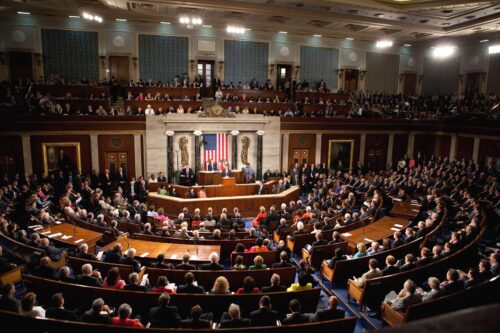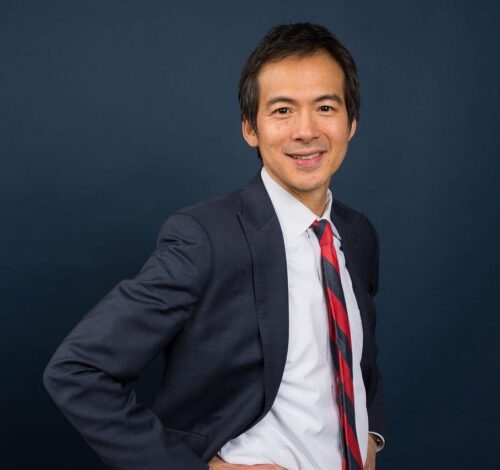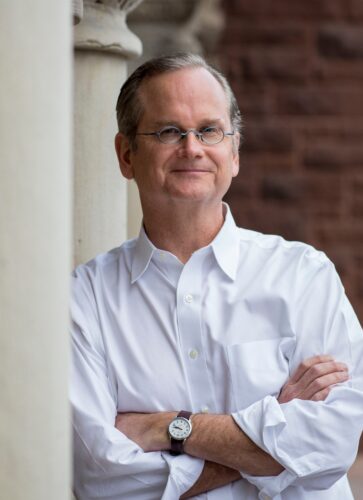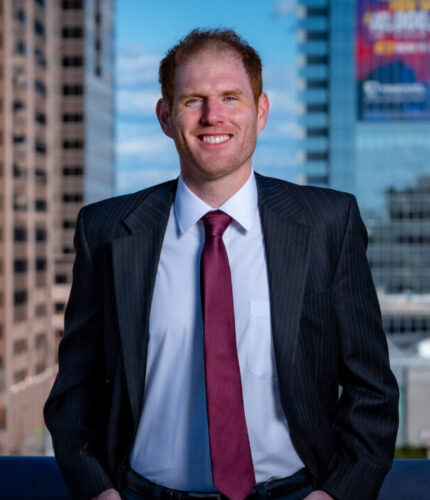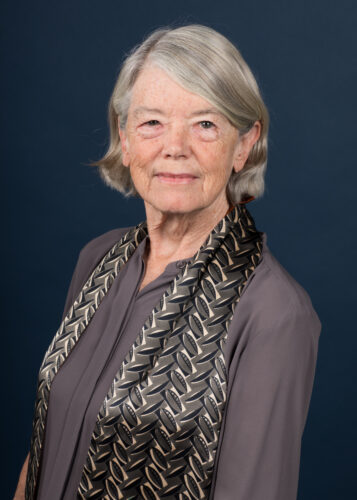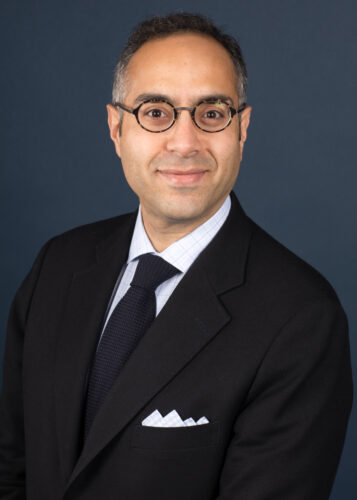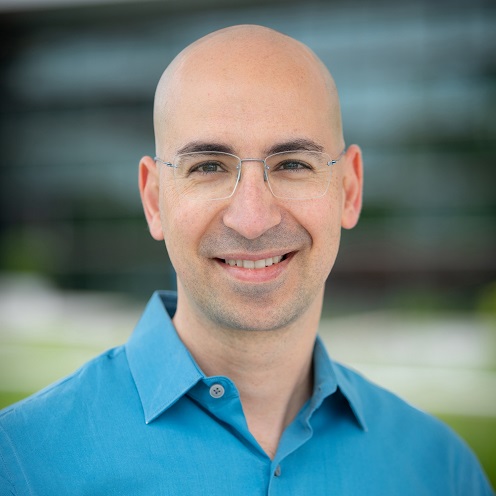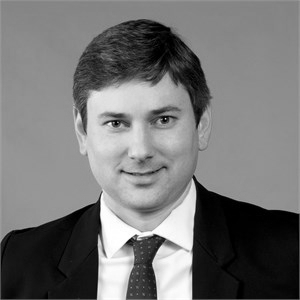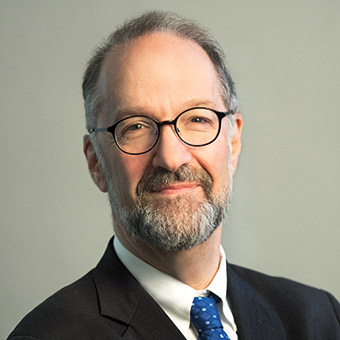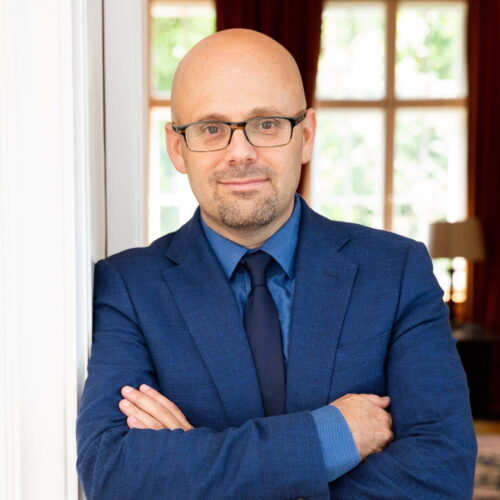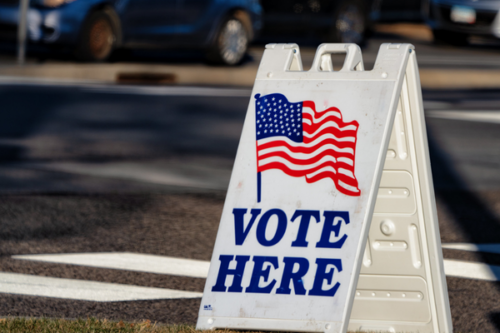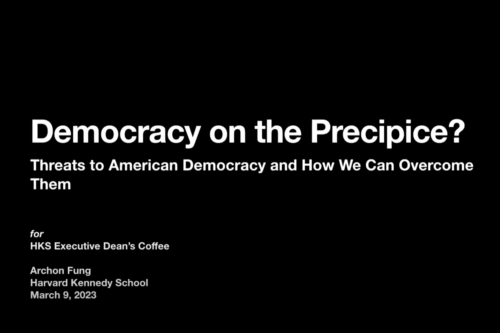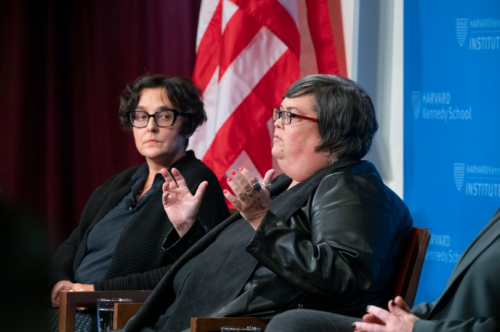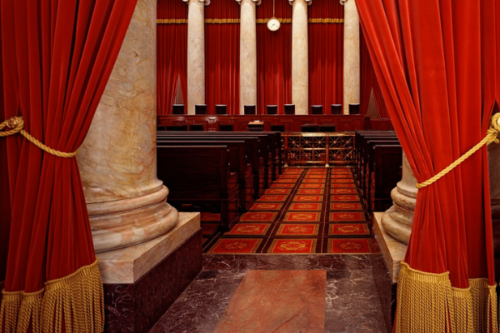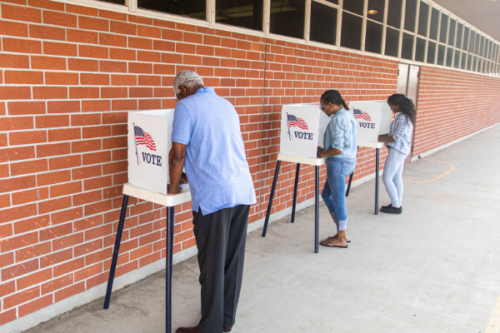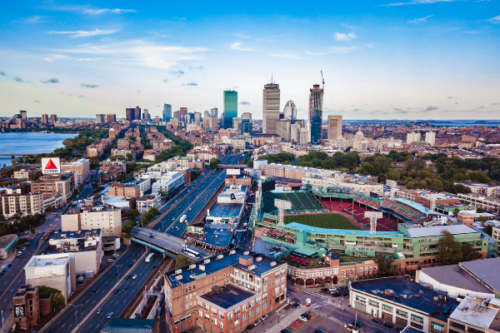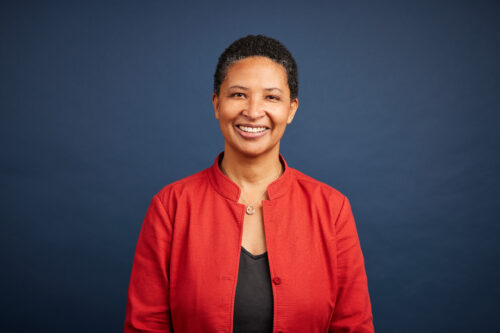
Danielle Allen
Professor of Public Policy, James Bryant Conant University Professor
At the Ash Center, we’re working to generate new ideas to reform our democratic institutions for the 21st century.
Allen Lab for Democracy Renovation, Reimagining Democracy Program
Many of our most basic democratic institutions, from the Electoral College to Congress itself, were born in the eighteenth century when American democracy and America looked markedly different than today. At the Ash Center, we’re working to modernize and reform these institutions for a healthy 21st-century democracy.
As political polarization continues to test the strength of even our most bedrock political institutions, the Ash Center brings together scholars, practitioners, and policymakers from across the country to discuss how to protect and modernize our democracy.
Through working groups and convenings, case studies, and research projects, the Ash Center is working to identify reforms both large and small that will help strengthen the future of American democracy for generations to come.
Professor of Public Policy, James Bryant Conant University Professor
Associate Professor of Public Policy
Director, Ash Center for Democratic Governance and Innovation;
Winthrop Laflin McCormack Professor of Citizenship and Self-Government
Roy L. Furman Professor of Law and Leadership
Senior Practice Fellow in American Democracy, February 2025 - November 2025
Non-resident Senior Practice Fellow in American Democracy, December 2025 - November 2026
Adams Professor of Political Leadership and Democratic Values Emerita
Ford Foundation Professor of Democracy and Governance
Assistant Professor of Public Policy
Paul F. McGuire Lecturer in Comparative Politics
Alfred and Rebecca Lin Professor of Computer Science
Associate Professor of Public Policy
Visiting Professor of Public Policy at the Harvard Kennedy School
Eaton Professor of the Science of Government
In-Person Event
Ash Center Seminar Room 225, Suite 200, 124 Mount Auburn Street
12:00 pm – 1:00 pm EST
Commentary
The Democracy in Hard Places program has grown from an obsession with how countries that lack democracy can get it and keep it.
Feature
Archon Fung on the threats to American democracy and what we can do about it.
Video
On Thursday, March 9, 2023, Ash Center for Democratic Governance and Innovation Director Archon Fung, Winthrop Laflin McCormack Professor of Citizenship and Self-Government at the Harvard Kennedy School, spoke to Kennedy School community members about threats to American democracy and how we can overcome them.
Q+A
Aksel Sundström explores how the absence of young adults in our governing institutions is weakening our democracy.
Feature
The Ash Center’s Khalil Gibran Muhammad and Archon Fung discuss how without a more robust commitment to upholding and protecting multiracial democracy, the United States won’t be able to solve its democratic backsliding.
Feature
Ash panel unpacks election reforms at stake during the midterms
Video
During the 2022 midterms, voters not only cast a ballot to decide the balance of power in congress, but in in many states voters decided on a range of consequential ballot initiatives impacting the nuts and bolts of the electoral process including voter-ID laws, party primary reform, ranked choice voting, and proportional representation. The outcomes of these statewide and local level ballot initiatives have direct implications for future elections and participatory democracy.
This midterm recap webinar goes beyond the candidate horse race and focus on analysis and perspectives from advocates and scholars on recent voting-related ballot initiatives, immediate implications for future elections, and what’s ahead for emerging electoral reforms at the state and local level. See panelists Deb Otis, Director of Research at FairVote; Jenny Lee, Deputy Director of the Coalition of Communities of Color; and Wendy Underhill, Director of Elections and Redistricting at the National Conference of State Legislatures. Ash Center Reimagining Democracy Fellow Nick Chedli Carter moderated.
Feature
Events this week in JFK Jr. Forum examined what can be done to address grinding problems of race, internet’s power to exploit political, and cultural schisms to destructive ends.
Policy Brief
Feature
Scholars conclude terms limits would help restore ideological balance to the nation’s highest court
Q+A
A law written in post-Civil War America to try to avoid problems with the counting of Electoral College votes has never been very clear. A new set of proposed reforms tries to change that.
Video
At a time when many are rightly concerned about the health of American democracy, scholars and reformers are evaluating proposals to make democracy more functional and representative. One such proposal is to move beyond the winner-take-all electoral system used at the federal and state levels in the United States to enable adoption of proportional voting systems. What would be the impact of proportional voting in the United States, and what will it take to enact it?
Join panelists Rob Richie, President and CEO of FairVote, Rebecca Chavez-Houck, Community Engagement Consultant and Former Utah State Legislator, and Danielle Allen, James Bryant Conant University Professor at Harvard University in discussion. Archon Fung, Winthrop Laflin McCormack Professor of Citizenship and Self-Government at Harvard Kennedy School, Director of the Ash Center’s Democratic Governance Programs, moderated.
Feature
Following recent victories in San Francisco and New York City, Boston advocates are looking to expand the franchise to all residents with legal status for local elections.
Video
Harvard Ash Center Senior Practice Fellow in American Democracy Miles Rapoport advocates that universal voting, a requirement that every citizen cast a ballot, could reduce polarization and pave a pathway to a more equitable American democracy.
Video
Join the Ash Center for an online book talk with Michael Kazin, author of “What it Took to Win: A History of the Democratic Party” (Macmillan, 2022). Randall Kennedy, the Michael R. Klein Professor at Harvard Law School served as moderator.
